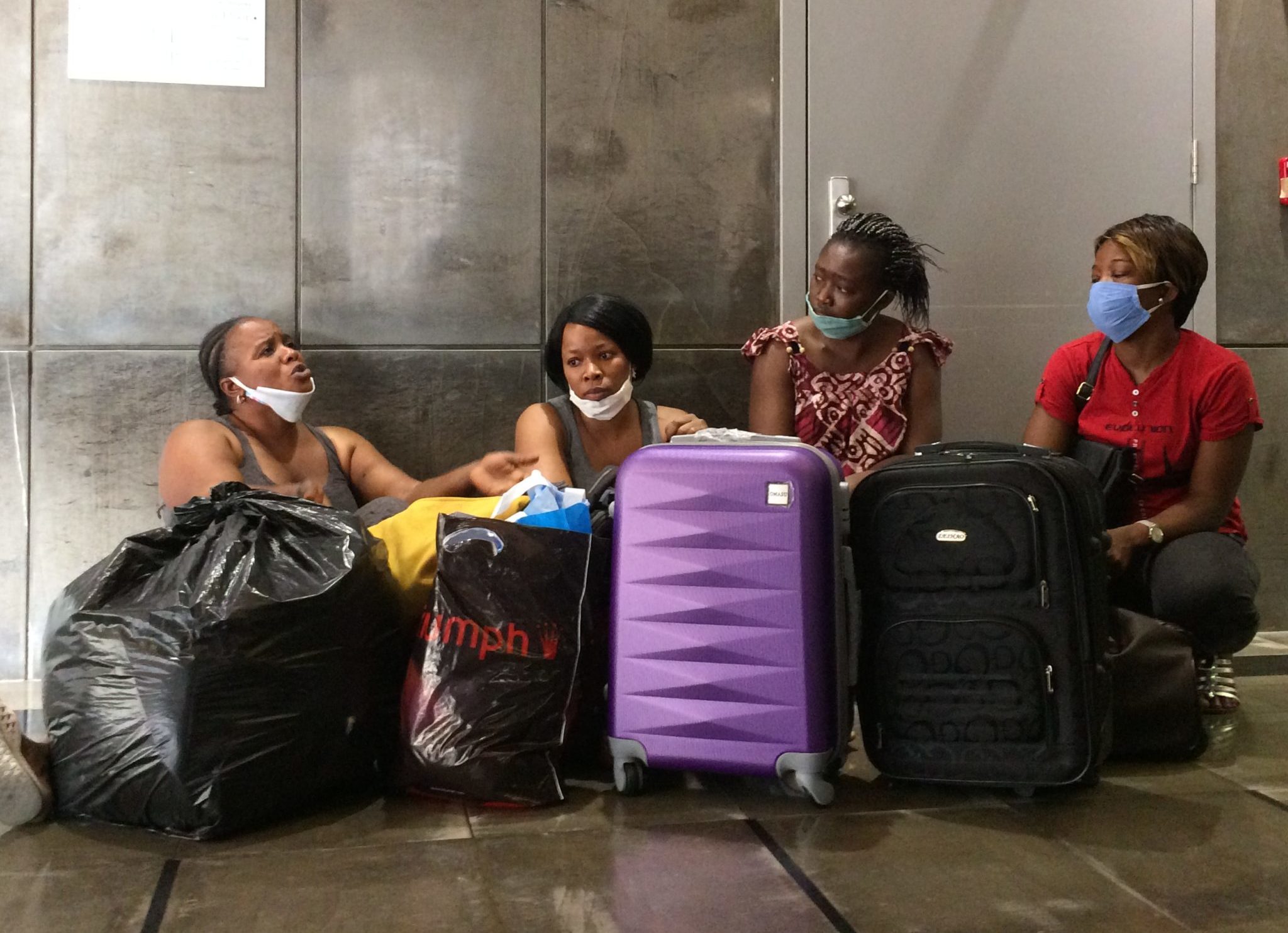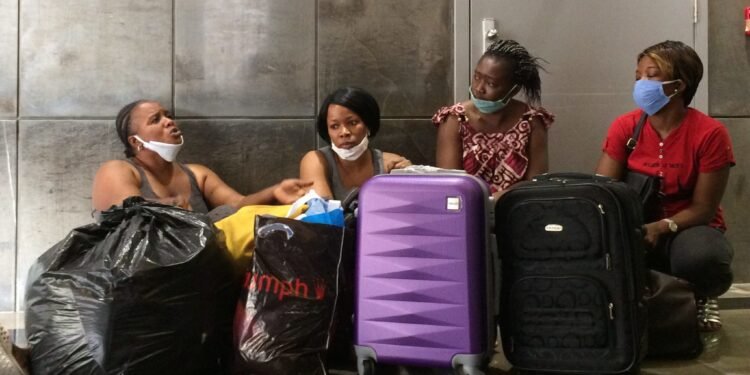
The Hamas’ attack on Israel on October 7 has led to a conflict between Israel and the Lebanese organization Hezbollah, both of which continue to exchange gunfire across the border constantly. It led to Israel invading Gaza in its bid to destroy Hamas, as reported by the BBC.
The Iranian-backed militia and political movement Hezbollah insists that it is battling Israel in defense of the Palestinian people.
Although most of the shelling has occurred in northern Israel and southern Lebanon, there are worries that if the violence spreads throughout the area, it may affect the entire country of Lebanon.
This has created a problem for African workers in Lebanon, many of whom have contracts that make it virtually impossible for them to leave the country.
Eulita Jerop, a Kenyan worker in Lebanon told the BBC that she wants “to go home.” However, she finds it difficult to leave due to the terms of her work contract.
“It was so scary. We were told it wasn’t bombs, but it was [planes breaking] the sound barrier,” the 35-year old migrant worker disclosed. “But the sounds were hitting so hard.”
Currently, the United States, United Kingdom, Australia, France, and Canada have designated Lebanon as a high-risk area, encouraging its citizens to leave the country immediately. While it may be simpler for citizens of these nations to up and leave, Africans are finding it impossible even with passports.
Challenges for African migrants
The BBC’s report indicates that despite the possession of a passport, domestic workers require an exit visa to depart, which must be authorized by their employer.
This is permitted under the country’s “kafala” (sponsorship) program for foreign workers, which employs an estimated 250,000 individuals.
“Kafala gives individuals or companies permits to employ foreign workers. This means that their immigration status is entirely dependent on their employer and they have limited rights,” the BBC states.
This system which is still being practiced in several Arab states despite criticism also creates leeway for employers to underpay and physically abuse workers.
Even with all the required papers, these migrants still face other challenges in the form of flight availability and affordability. “Few flights are available and they are very expensive,” Jerop explained.
For example, flights to Kenya may cost up to $1000 (£770)
So far, the Lebanese labor ministry has failed to respond to BBC for comment.









